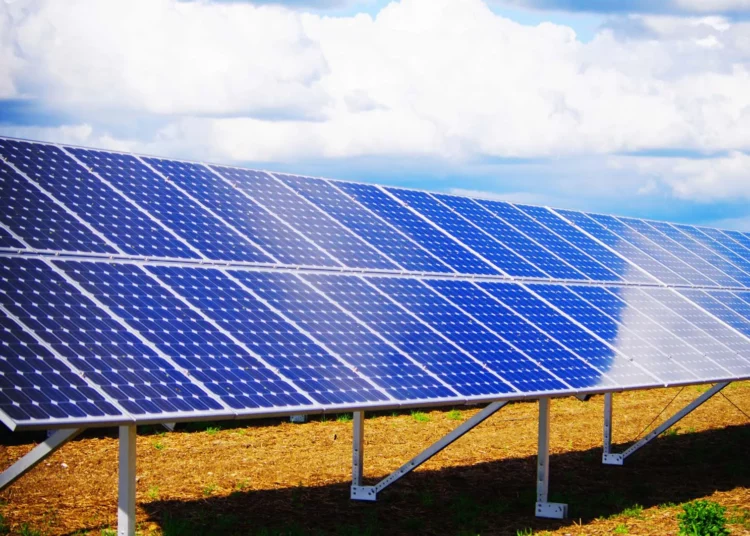The Nigerian government has taken a significant step towards addressing the country’s power challenges by signing a memorandum of understanding (MoU) to launch a 1GW Solar PV Manufacturing plant in the country.
The agreement reached at the ongoing 28th session of Conference of Parties (COP28) in Dubai, United Arab Emirates, signifies Nigeria’s commitment to a sustainable and self-reliant future and its determination to provide reliable energy for its people.
The signing of the MoU is seen as a significant catalyst in unlocking the potential of various economic sectors such as agriculture, healthcare, and education.
During the summit, the Minister of Power, Adebayo Adelabu emphasised the importance of adequate energy supply for a country to unlock its full potential, and assured the international community that President Bola Tinubu-led government is fully dedicated to fulfilling its promises.
He noted that the current power situation in Nigeria is dire, with insufficient transmission infrastructure, limited distribution capacity, and various challenges hindering generation.
Adelabu highlighted that renewable energy is no longer just a future aspiration but a present necessity.
He added that leveraging the African Free Trade Agreement can position Nigeria as a regional leader in transforming the energy landscape across West Africa and the entire continent.
While commending the Infracorp-led consortium for successfully securing a manufacturing plant in Nigeria, the Coordinating Minister for the Economy, Olawale Edun, said available data indicates a substantial market size for solar energy in Nigeria and the West Africa region.
Edun said the establishment of a solar PV manufacturing plant in Nigeria has the potential to address various socioeconomic challenges and bring about positive impacts across different sectors.
On her part, the minister of Industry, Trade & Investment, Dr. Doris Nkiruka Uzoka-Anite emphasised the importance of industrialization in addressing various socioeconomic challenges, such as job creation, import substitution, increased access to capital, and overall economic growth.
According to her, the MoU for this manufacturing project will be a significant catalyst for Nigeria’s industrial sector. She stressed that energy infrastructure is the foundation for innovation, job creation, and prosperity, paving the way for a brighter, more sustainable future.
The chief executive officer of Infracorp, Dr Angbazo said, the objective of the project is to revolutionise Nigeria’s energy sector and have a positive impact on various sectors of the economy. He said, the goal is to elevate Nigeria’s economy to $1 trillion through sustainable and climate resilient infrastructure.
He added that, ‘the project focuses on local manufacturing, green manufacturing and renewable energy, equipment manufacturing, and climate resilient infrastructure.’
InfraCorp is a government-supported infrastructure investment entity that was established and co-owned by the Central Bank of Nigeria (CBN), Africa Finance Corporation (AFC), and Nigeria Sovereign Investment Authority (NSIA) (“the Promoters”).











